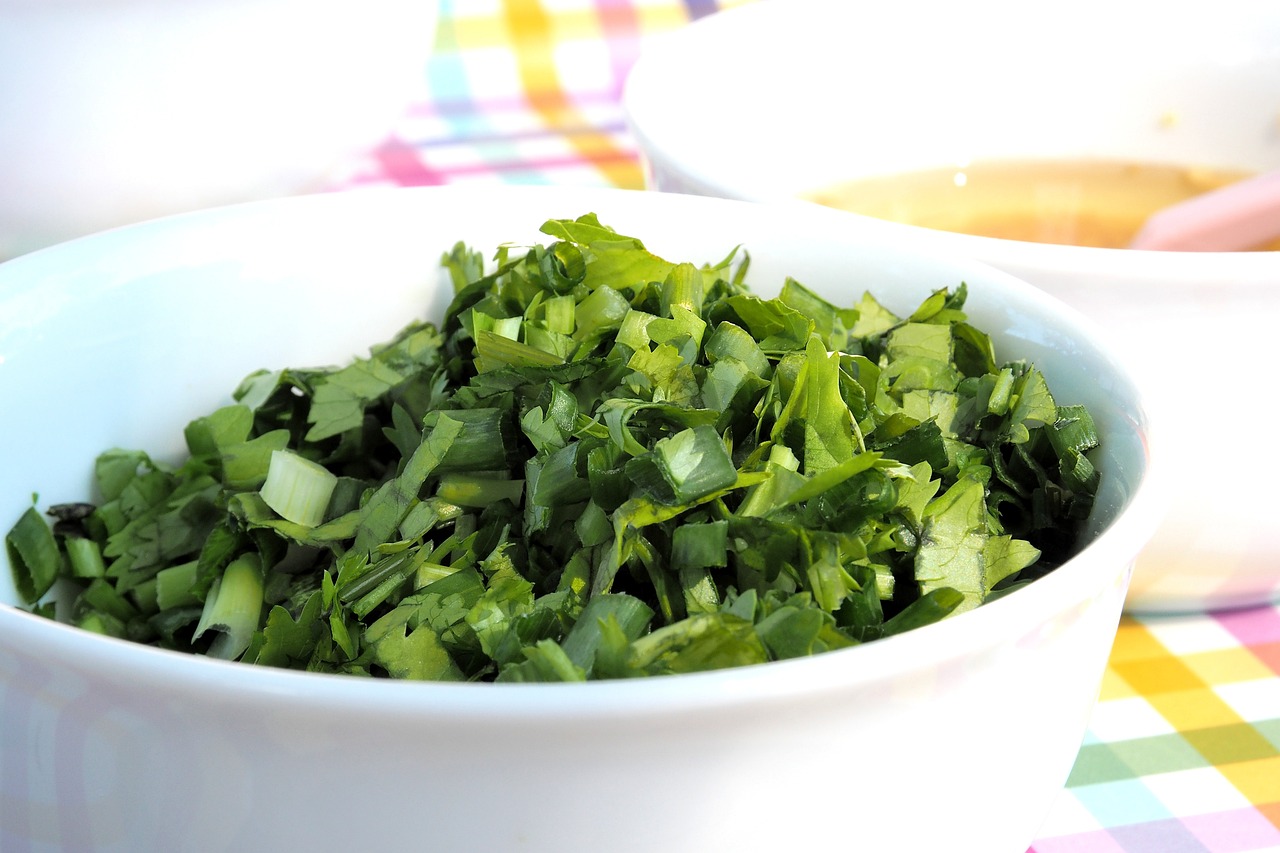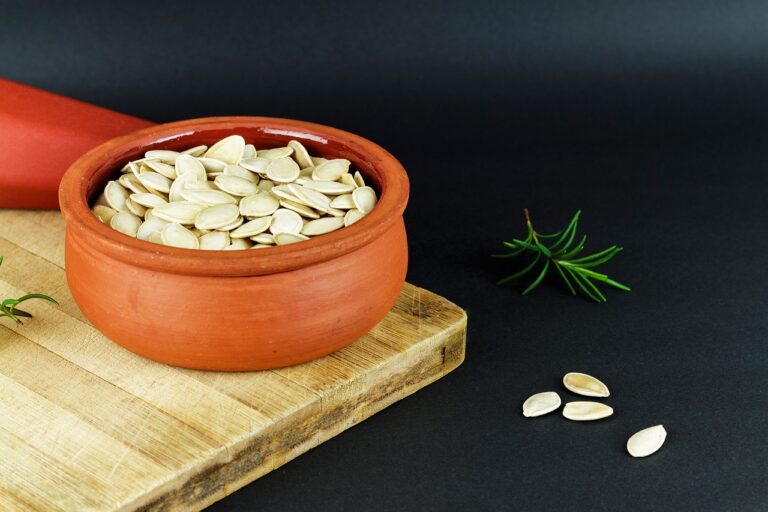Craving Cilantro? Find The 10 Reasons Why

Cilantro, known for its distinctive, fresh taste, is a polarizing herb. While some relish its flavor, others recoil at its soap-like taste, a reaction attributed to genetic differences. However, for those who crave it, cilantro is more than just an herb—it’s a flavor enhancer that elevates dishes with its unique aroma and taste. This article explores the reasons behind cilantro cravings, offering insights into the complexities of our palates and the herb’s multifaceted role in nutrition and culinary arts.
Why Am I Craving Cilantro?
1. Genetic Predispositions
Individuals who crave cilantro might have a genetic predisposition that makes them particularly sensitive to the pleasant aspects of its flavor profile. Unlike those who perceive a soapy taste due to specific olfactory-receptor genes, cilantro lovers likely have a genetic makeup that amplifies the herb’s refreshing and citrusy notes.
The craving for cilantro in these individuals can be attributed to the herb’s ability to enhance the flavor of various dishes. Its fresh, citrus-like undertone can transform a simple meal into a more complex and satisfying experience, making it a sought-after ingredient among culinary enthusiasts who have a genetic inclination towards its taste.
2. Nutritional Benefits
Cilantro is rich in vitamins and minerals, including Vitamin A, Vitamin K, and potassium. Craving cilantro could be the body’s way of signaling a need for these essential nutrients. Incorporating cilantro into one’s diet can contribute to overall health and well-being, making it a beneficial craving to indulge.
Moreover, cilantro has been associated with several health benefits, such as lowering blood sugar levels and possessing antibacterial properties. Those who crave cilantro might unconsciously be drawn to its health-promoting aspects, making it a crave-worthy herb for both its flavor and nutritional value.
3. Detoxification Properties
Cilantro is reputed for its detoxification properties, particularly in chelating heavy metals from the body. Cravings for cilantro might indicate the body’s natural inclination towards cleansing and detoxification, especially in environments or diets high in heavy metals.
Regular consumption of cilantro can aid in the elimination of toxins, contributing to improved overall health. This detoxifying effect may be particularly appealing to those looking to cleanse their system, making cilantro a desired herb for its purifying properties.
4. Cultural Associations
For many, cravings for cilantro are deeply rooted in cultural cuisine and traditions. Cilantro is a staple in various global cuisines, including Latin American, Southeast Asian, and Middle Eastern dishes. Individuals raised in these cultures or those who have developed a palate for these cuisines may find themselves craving cilantro as a way to reconnect with cultural dishes and memories.
Cilantro’s role in cultural dishes extends beyond flavor; it is often associated with comfort, home, and familial gatherings. Craving cilantro can thus evoke a sense of nostalgia and emotional connection to one’s heritage, making it a powerful culinary link to personal and cultural identity.
5. Flavor Enhancement
Cilantro is known for its ability to enhance the flavor of a wide range of dishes. Its unique taste can elevate the overall flavor profile of meals, adding a fresh and citrusy dimension that complements both meat and vegetable dishes. Those who crave cilantro may be seeking the depth and complexity it adds to their food.
This craving for enhanced flavor is not just about the herb itself but about the desire for a more enriching and satisfying eating experience. Cilantro’s capacity to transform a dish from ordinary to extraordinary makes it a coveted ingredient among food lovers and chefs alike.
6. Aroma Therapy
The distinct aroma of cilantro can have a therapeutic effect, offering a form of aromatherapy. Its fresh and citrusy scent can uplift the mood and create a sense of well-being. Craving cilantro might stem from a desire to experience its mood-enhancing aromatic properties.
Incorporating cilantro into meals or even smelling the herb can trigger positive emotions and memories, making it a sought-after ingredient for both its taste and aromatic benefits. This unique aroma can turn the act of cooking and eating into a more enjoyable and therapeutic experience.
7. Dietary Variety
Craving cilantro can be an indication of seeking dietary variety. The herb’s unique flavor profile can add a new dimension to meals, breaking the monotony of regular diets. Individuals looking to diversify their food intake might find themselves drawn to cilantro for this reason.
Adding cilantro to dishes can introduce new flavors and textures, making meals more interesting and appealing. This desire for variety is not only about taste but also about exploring different culinary traditions and ingredients, with cilantro serving as a gateway to a more diverse and enriching diet.
8. Seasonal Cravings
Cilantro cravings may also be influenced by seasonal changes. In warmer months, the body often craves fresher, lighter foods, and cilantro, with its bright and fresh flavor, fits this profile perfectly. It can add a refreshing touch to salads, salsas, and cold dishes, making it a desirable herb during spring and summer.
The increase in cilantro cravings during these seasons can also be attributed to the herb’s availability and prominence in seasonal cooking. As more fresh produce becomes available, cilantro is often incorporated into dishes to complement the season’s bounty, making it a natural craving as the weather warms.
9. Psychological Comfort
Cilantro can provide psychological comfort to some individuals. The act of eating foods flavored with cilantro can evoke a sense of comfort and satisfaction, especially if these dishes are associated with positive memories or emotions. For some, craving cilantro is about seeking comfort through familiar and cherished flavors.
This psychological aspect of craving cilantro underscores the complex relationship between food and emotions. Comfort foods, including those seasoned with cilantro, can offer solace and a sense of well-being, making cilantro a crave-worthy herb for its emotional as well as culinary appeal.
10. Adventure and Experimentation
Finally, cravings for cilantro might stem from a desire for culinary adventure and experimentation. For those who love to explore different cuisines and flavors, cilantro offers an opportunity to experiment with new dishes and flavor combinations. This herb can be a gateway to discovering new culinary landscapes, making it an exciting addition to the adventurous eater’s palette.
The craving for cilantro in this context is about pushing culinary boundaries and exploring the unknown. It represents a willingness to embrace new tastes and experiences, with cilantro serving as both a symbol and tool of culinary exploration and creativity.
In conclusion, cravings for cilantro are multifaceted, rooted in genetic predispositions, nutritional benefits, cultural associations, and the pursuit of culinary diversity and satisfaction. Whether it’s the herb’s unique flavor, health-promoting properties, or emotional and cultural significance, cilantro has a special place in the hearts and diets of many. Understanding these cravings provides insight into the complex interplay between our biology, environment, and cultural practices, highlighting the profound impact of food on our lives.






